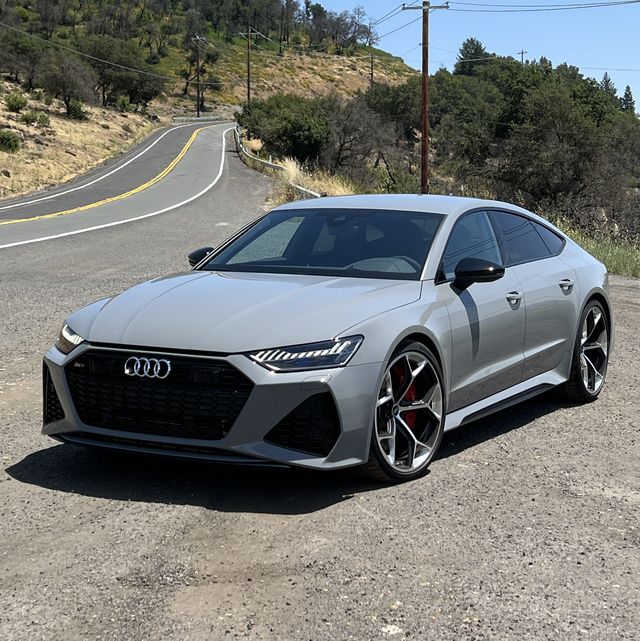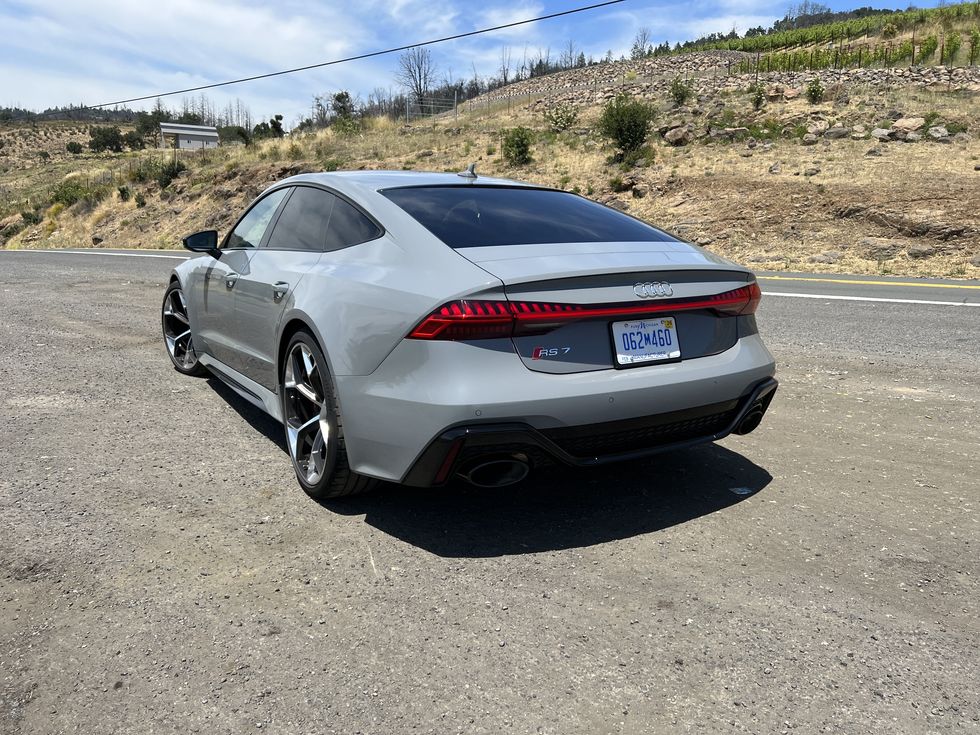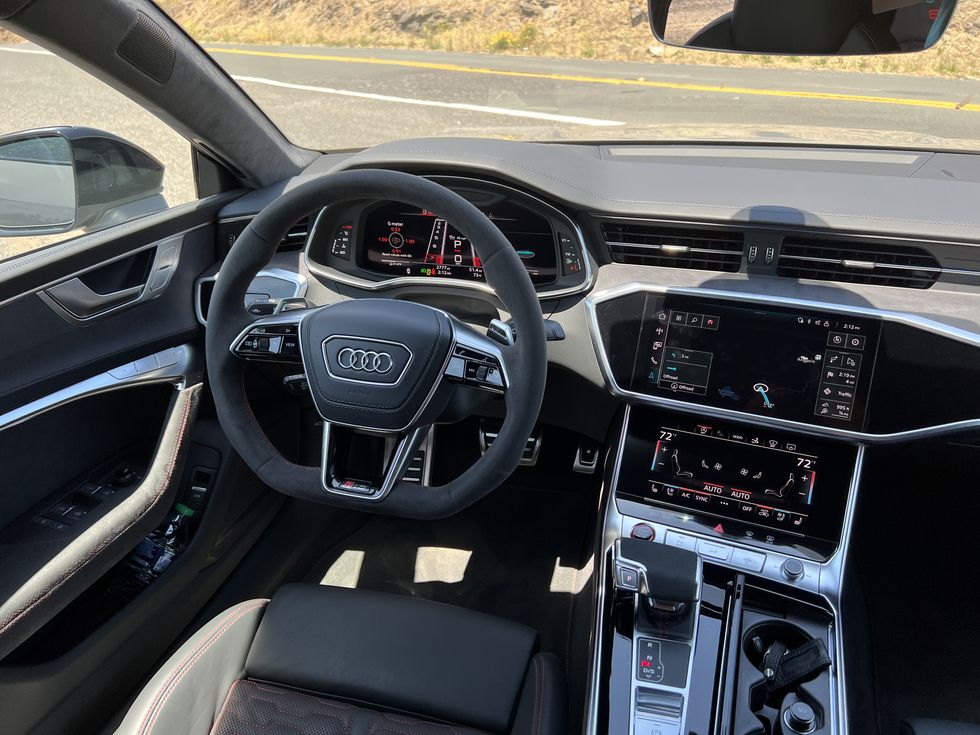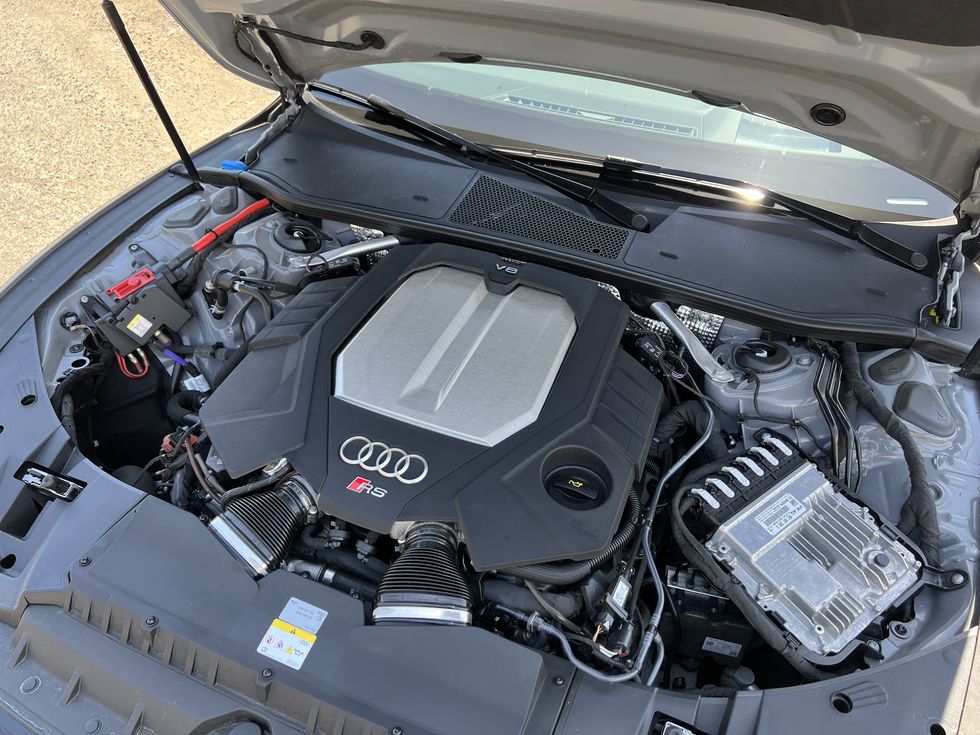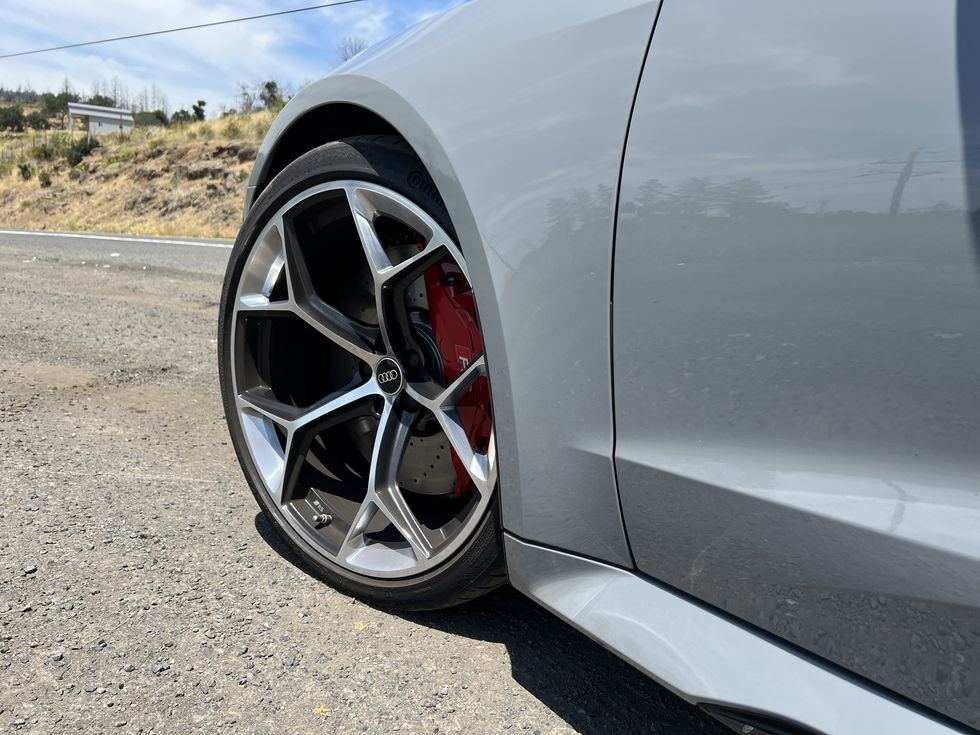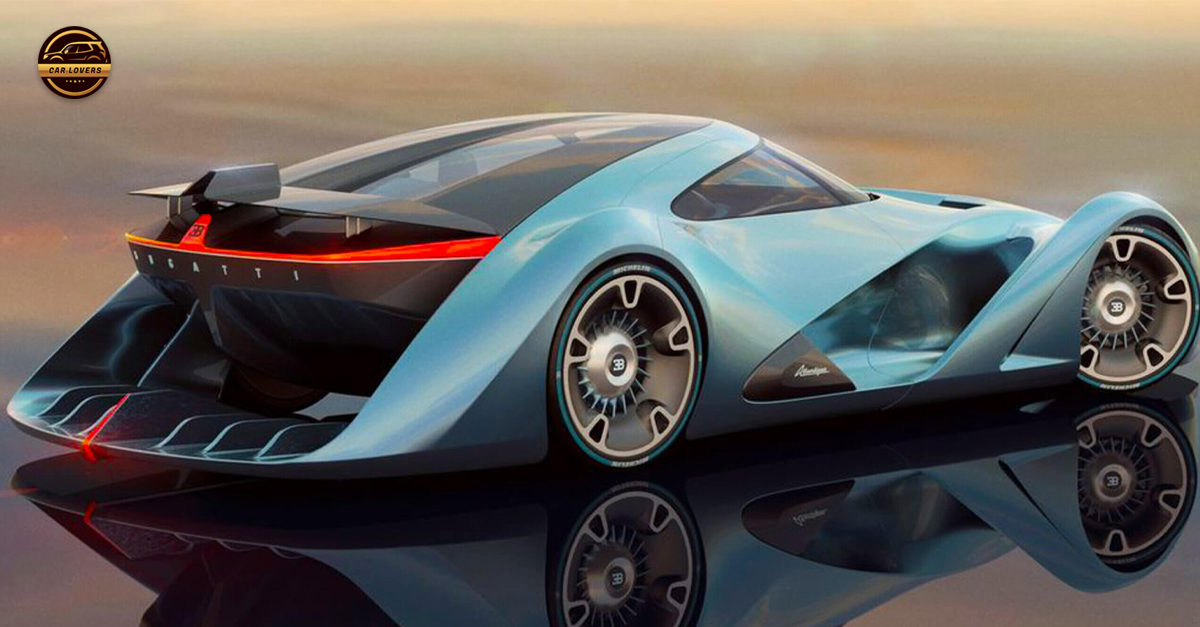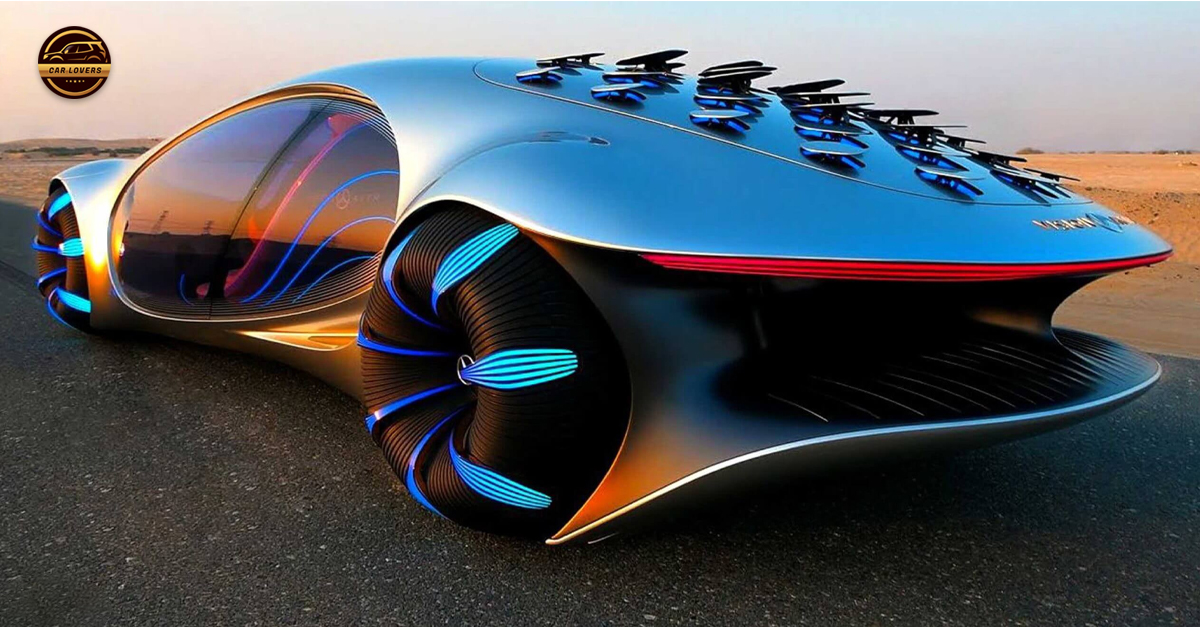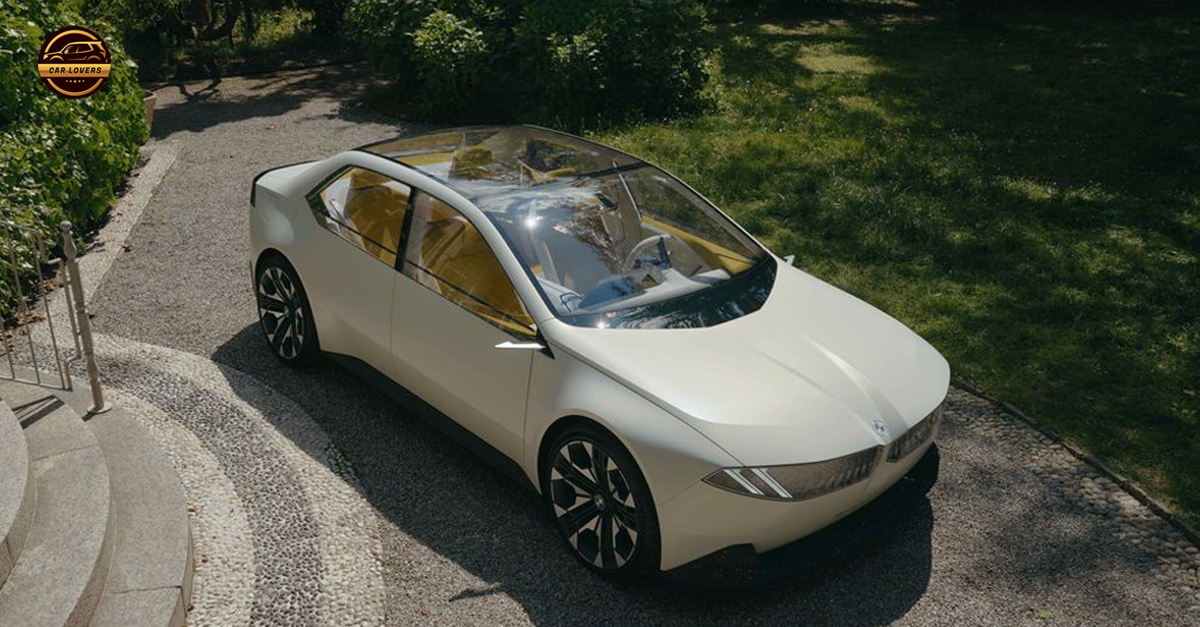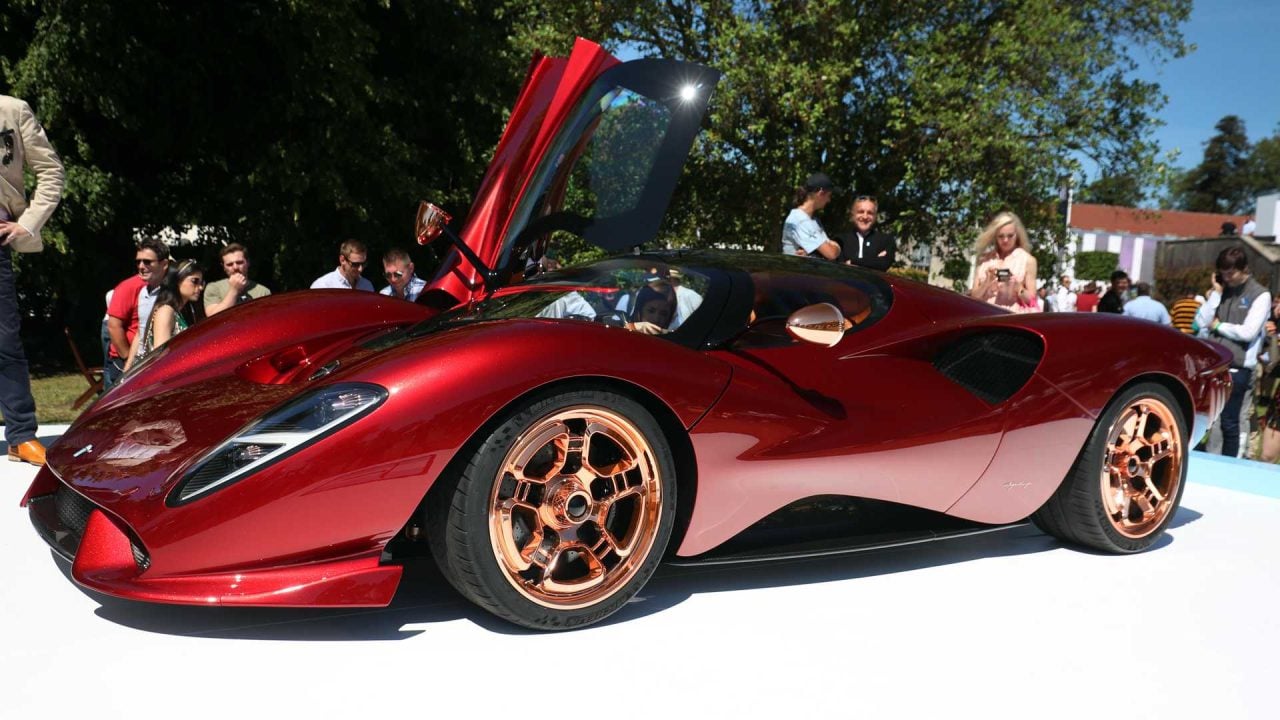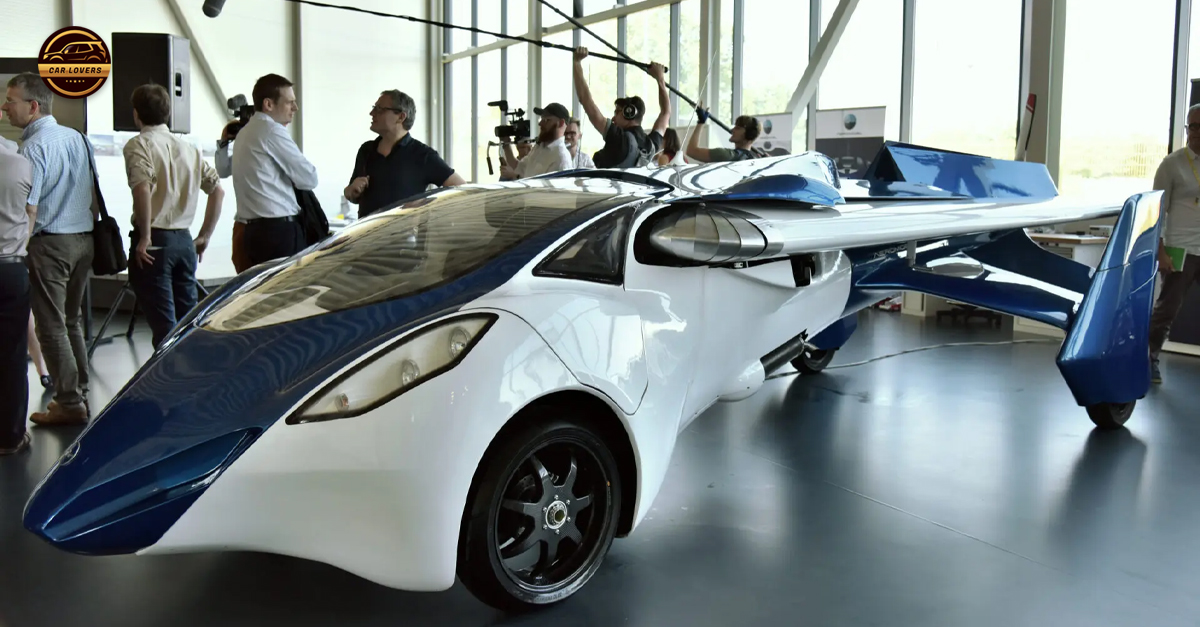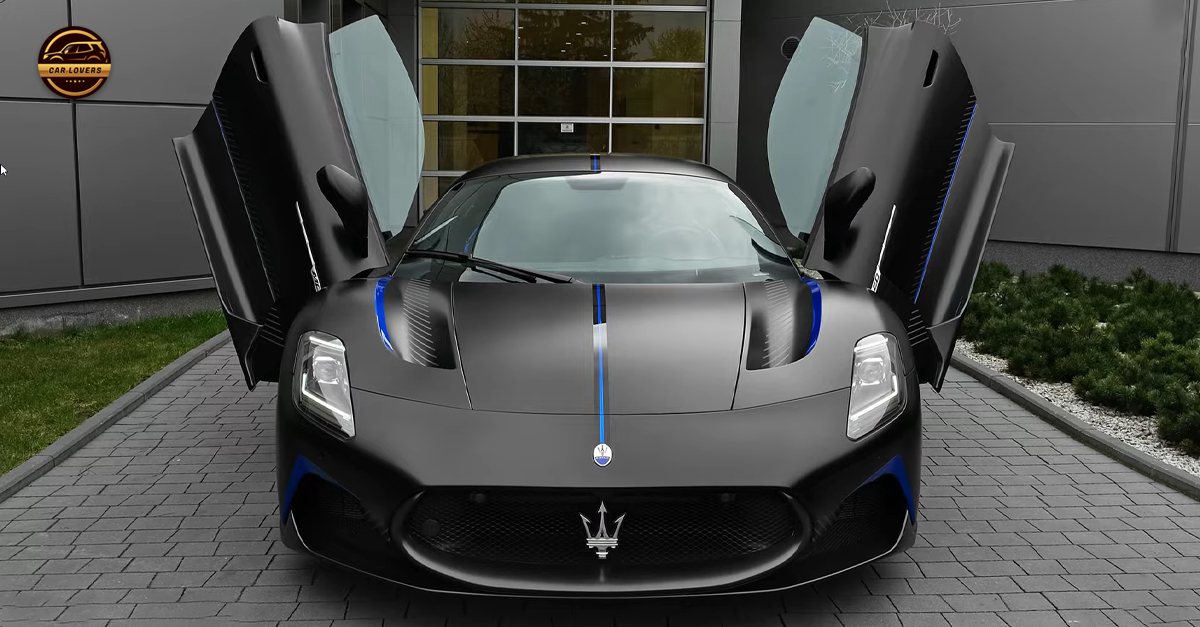The Audi RS7 used to be a big deal. When the first-generation model arrived in 2013, it immediately became the top choice for buyers looking for the ultimate one-car solution, a practical four-door liftback that could support a family on long trips, eat up a commute at blistering speeds, and impress in corners. But since the RS6 Avant arrived for the U.S. market in 2020, the enthusiast community seems to have forgotten about the Autobahn-dominating fastback. And that’s a shame, because it drives better than ever.
I’m not saying the RS7 is my personal favorite between Audi’s current missile-fast do-it-all machines. Like you, I’ll always choose the wagon first. The rest of America agrees. While it declined to share exact figures, Audi USA told Road & Track the RS6 has outsold the RS7 in the three years since both body styles became available.
But take one glance at the RS7 and tell me you wouldn’t at least consider it over the RS6. This is easily the best-looking, most stylish four-door on sale right now. The original Mercedes CLS and its sleek fastback rear may have started the “four-door coupe” trend, but it’s Audi that perfected it. No matter which angle you look at this car, it’s absolutely stunning. The Performance trim, new for 2024, does a lot to highlight what makes the RS7’s design so great, with optional 22-inch forged wheels that save 11 pounds per corner and a handful of matte gray accents sprinkled along the exterior.
The cabin is just as lovely, with high-quality materials and a smart, comfortable layout made for cross-country trips. Audi says it deleted 17 pounds of insulation, but from the inside it feels just as pleasantly isolated from the outside world as before. Despite the sloped rear end, the RS7 isn’t that much less practical than its wagon sibling, with 25 cubic feet of cargo space available out back thanks to the large hatch area (versus 30 cubic feet in the RS6). Passenger volume from the falling roofline slightly compromises headroom for rear occupants, but otherwise the interior is just as spacious and welcoming for four adults. I’d prefer real buttons over a third screen for the climate control, but it’s easy to get used to.
The Audi RS7 shines brightest on straight, open roads with high speed limits and no traffic. Power goes from 591 hp to 621 horses in this new Performance model thanks to bigger turbos and more boost for the 4.0-liter twin-turbo V-8, enough to hustle the big sedan from zero to 60 in a claimed 3.3 seconds (0.2 seconds quicker than before). Top speed is electronically limited to 155 mph; you won’t need a lot of room to reach it. As always, the 2024 RS7 will eat up hundreds of miles in pure comfort, sailing through slower traffic and soaking up every bump. The Performance model hasn’t lost those daily-driver attributes, despite taking a step towards better dynamics.
The RS7 still wouldn’t be my first choice for a proper corner-carving sport sedan. It’s just too heavy, and all of the weight is in the wrong place (as with all big Audis, the engine sits in front of the front axle). But the four-door fastback can slice through bends better than ever thanks to a set of new specially-designed Continental Sport Contact 7 summer tires, delivering more grip to the front end. Paired to a new center differential that’s smaller and lighter than before, the RS7 is sure-footed and oozing with confidence, allowing drivers of all skill levels to extract lots of pace on their favorite back roads. While it’s not gushing with feel, the steering rack’s lightness and quick ratio contributes to the car’s accessibility.
The Performance is a noticeable step above the normal RS7, whether you opt for the standard air suspension or the three-way adjustable hydraulic dampers, which react in real time to eliminate body roll. Comfort is about the same between the two suspension setups, but the hydraulic dampers are just a tiny bit better at delivering poise through sharp direction changes. The air suspension never completely settles on bumpy, uneven roads, but it’s wonderful on highways with expansion joints. Choosing which is best for you will depend on how you plan to use the car.
The 2024 Audi RS7 Performance starts at $128,895 including destination, putting it above the older, less powerful $117,495 M5 Competition but below the $150,350 Mercedes-AMG GT63. It’s far nicer inside versus the M5, but doesn’t deliver the same kind of performance as the Mercedes—it fits neatly in the middle of the segment, both as a driver’s car and a handsome, satisfying daily driver. More importantly, the RS7’s MSRP puts it squarely against its biggest competitor, the RS6 Avant. Seeing as how the two cars drive identically, it’ll be purely up to buyer preference (and dealer markups) whether one gets chosen over the other.
While I would take the RS6, it’s important to appreciate the RS7’s existence. There’s a strong chance we won’t see another one like this, as Audi confirmed it would stop developing internal combustion engines starting in 2026. Once this car’s life cycle ends, it’ll all be hybrids and EVs. So please, don’t forget the RS7. It’ll be gone before we know it, at least in its current form.
